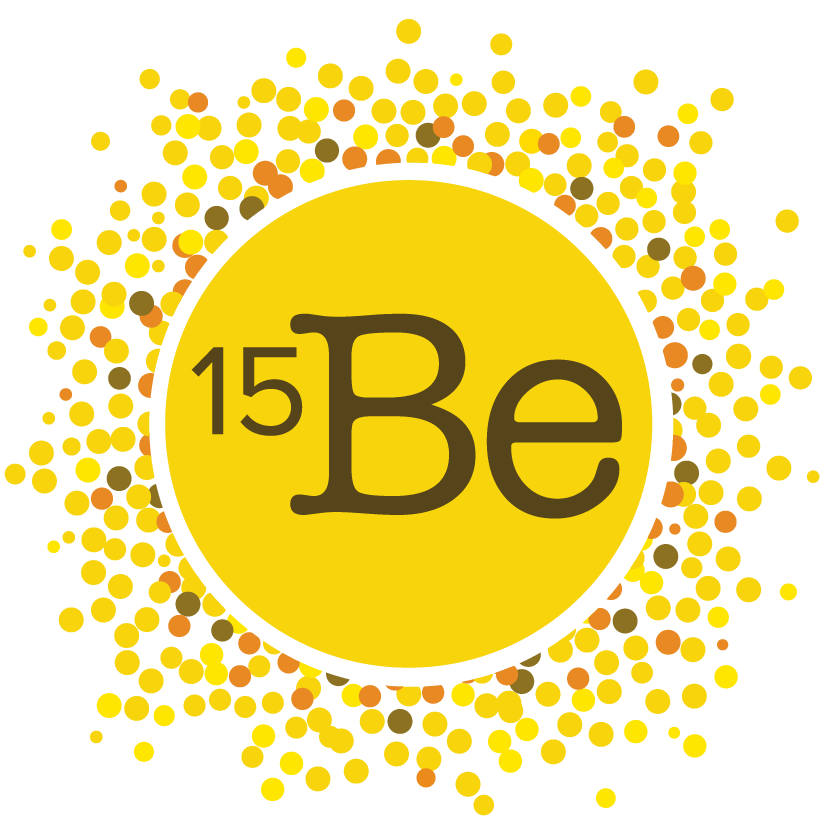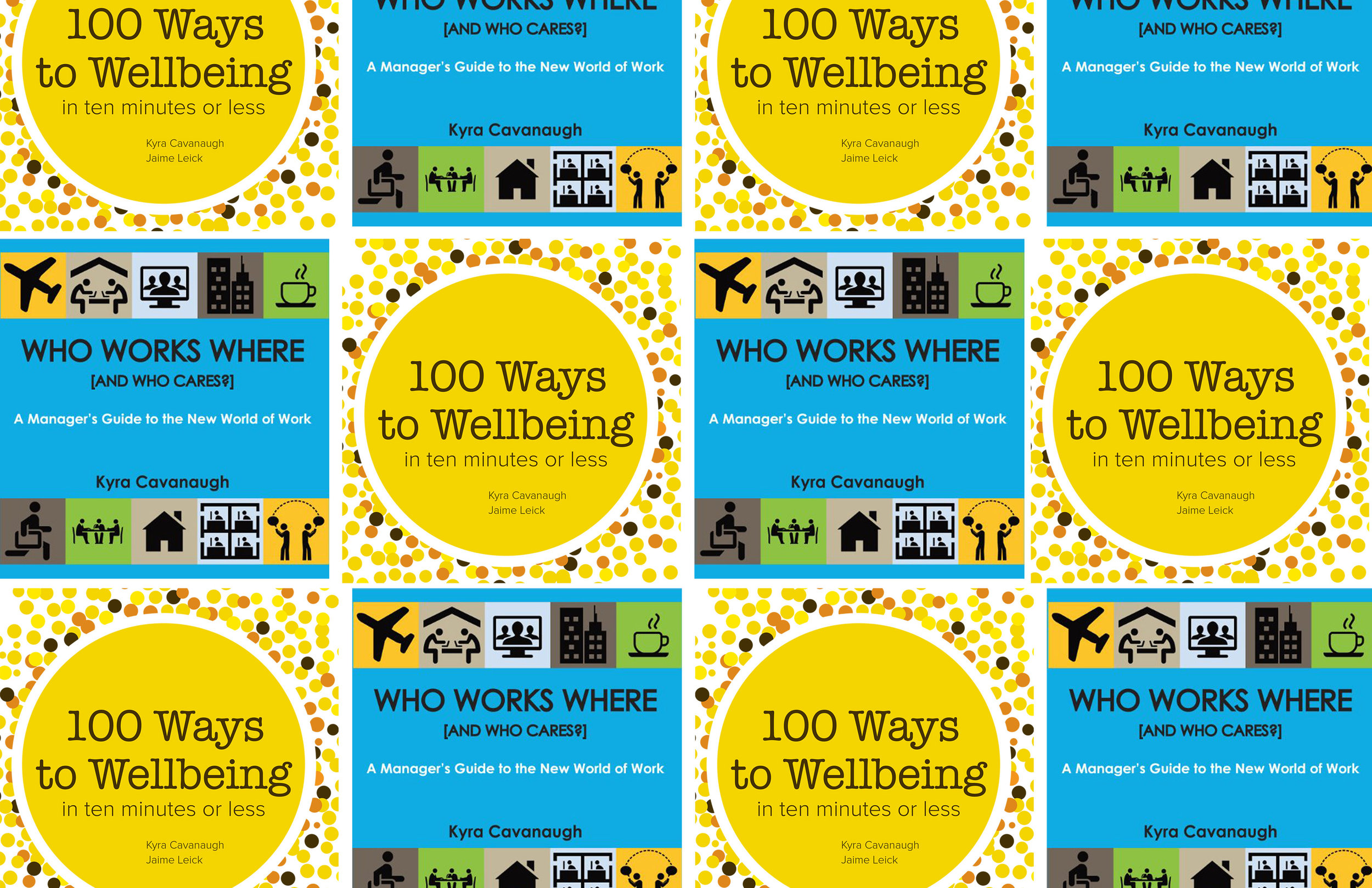100 Ways to Wellbeing in Ten Minutes or Less
Wellbeing, a few minutes at a time.
In the book, you'll find practical ideas for taking care of yourself and improving your overall quality of life. It's a quick collection of the best tips we've found to improve resilience, mood, and energy.
Use this book in any way that fits your style: page through one tip at a time, open at random for inspiration or focus on one theme each month.
However you read it, we hope this book will help you step outside the noise of daily life to refocus on yourself and what you value most.
Exercises and activities are divided into 12 categories:
Stillness
Movement
Mindset
Gratitude and Giving
Social Connection
Communication
Time and Tasks
Nutrition
Self-care
Digital Detox
Try Something New
Get Organized
100 Ways to Wellbeing is a fresh set of effective tips to improve resilience, mood, and energy. The ideas in this book will help you step outside the noise of daily life to refocus on yourself and what you value most. Greater wellbeing is within reach.
Who Works Where [And Who Cares?]
A hands-on guide to managing flexible and non-traditional work teams
This practical, hands-on book shows managers how to boost collaboration and performance even when their teams don’t work together in the same time or space. Designed for flexible, virtual, onsite, and dispersed work teams, Who Works Where is an interactive tool that managers can start using immediately to increase their skills and establish team norms for this new age of work.
Who Works Where will make you a better manager.
Using this book, you’ll improve your leadership skills by partnering basic leadership principles like managing performance, accountability and collaboration with new ways of working that involve embracing technology and reaching across time zones.
In a nutshell:
You’ll work as a team to spell out a plan for how everyone will work together.
You’ll consider everyone’s work-life goals and work preferences so that they can be incorporated into how the team functions.
As a manager, you’ll get clear about your own expectations and communicate those to your team.
You will rethink and redefine the way your team works so that business needs are met within a structure that allows people more autonomy over when and where they work. (Don’t bug out over that autonomy bit. The keyword here is STRUCTURE.)
In the end, you’ll figure out how your team works best. Plus, you’ll develop some serious chops for dispersed team management, and set yourself up for all kinds of promotion- and dream job-potential in this new world of work.
The Proof Behind Who Works Where
Kyra Cavanaugh developed the Who Works Where process after years of helping managers work through their resistance to flexible work and other new ways of working. The process was formally tested as part of the National Workplace Flexibility Study, published in 2014.
That study found that team function and performance can improve when teams work flexibly.
Researchers introduced a series of manager activities including focus groups, training with the Who Works Where model, and follow-up support activities over a three-month period. Both manager and employee attitudes were measured before and after the interventions.
Improving Collaboration for Flexible Teams
Fifty-five percent of the managers who completed the Who Works Where process, reported improvement in team communication, and 53% reported team interaction improved. Over 41% saw an increase in their team’s understanding of performance goals, 24% said customer service improved, and 20% said productivity improved.
Other shifts in manager attitudes included the following:
Concerns that flexible work arrangements would be used inappropriately decreased 23%.
Concerns over how to evaluate flexibility requests, decreased 21%
Concerns over how to reach employees if there was a crisis, decreased 20%
The National Workplace Flexibility Study was sponsored by Ryan LLC, MedImmune, and Minnesota Department of Transportation, and conducted by research partners Life Meets Work Inc., Boston College Center for Work & Family, and Career/Life Alliance Services Inc.
To learn more about the study and hear managers share their experiences about the process, visit workplaceflex.org.
Get your team on the path to success.



